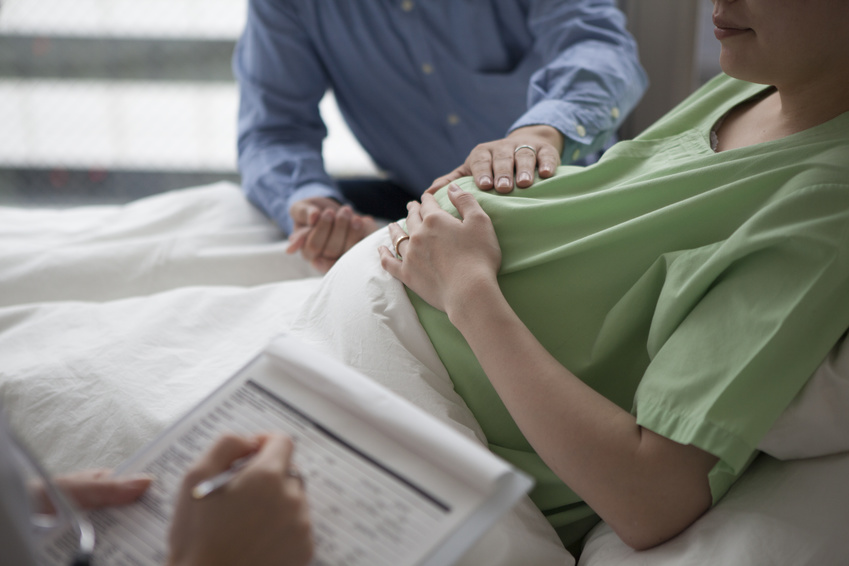Women who have had children may have an increased risk of developing cancer for decades after giving birth, a new study says. According to a new study published in the journal Annals of Internal Medicine, women who have given birth may have an increased risk of breast cancer for up to 23 years after their most recent birth compared to women who have never had children.
The risk, researchers say, is very small and women shouldn’t be concerned. About 23 years after the woman’s most recent childbirth, their risk of breast cancer declines again and they appear to be protected against breast cancer.
“What we saw was this pattern where risk was highest about five years after birth, and then it gradually declined as time went on,” said lead author Hazel Nichols, an assistant professor of epidemiology at the University of North Carolina.
The study analyzed the medical records of participants younger than 55, an age group where the breast cancer risk is generally low. Because of this, the increased risk of breast cancer in women five years after childbirth translates to a very small increase in the absolute number of women being diagnosed with breast cancer, Nichols says.
If researchers began the study with participants at age 40 who had recently had a child, Nichols said, then over the next 10 years by age 50 they would see 2.2% of women develop breast cancer in that group compared to the 1.9% of women who had no children.
“These are very small differences in the absolute measure,” said Nichols, “but they’re still important because they are in the opposite direction of what we know about these risk factors in older women.”
Women living in the U.S. have a one-in-eight lifetime risk of developing breast cancer. Until now, pregnancy-related factors have typically been related to a lower risk of developing breast cancer later in life.
For instance, women who have had their first full-term pregnancy at an early age, have had more than one birth, or have breastfed over a longer period of time each have a lower risk of developing breast cancer.
The study lead by Nichols included the data on 889,944 women below the age of 55. The data was obtained via 15 international studies conducted by the Premenopausal Breast Cancer Collaborative Group.
Over the course of the study, the data shows that women with children had an elevated cancer risk for five years after giving birth, which continued for 20 years whether or not the woman chose to breastfeed. Researchers found that the shift in breast cancer risk was only at approximately 23.6 years after childbirth.
“That’s actually the point at which we started to not see much of a difference between the women who had a child and women who had not had children,” said Nichols. “As you went further out from there, then the benefits of having children started to emerge.”
Experts note that although the study shows an increased breast cancer risk for young women after having children, the data shouldn’t be used to influence decisions about childbearing because the numbers are so small.
A person’s cancer risk can also increase from other factors outside from those related to pregnancy. For instance, genetics and lifestyle choices such as the amount of exercise you receive and your diet can also impact your cancer risk.
These factors are part of the reason why the wellness industry has grown so popular in recent years. The global cryotherapy market alone will reach a value of $5.6 billion by 2024.
“Women with breast abnormalities should have a diagnostic evaluation regardless of time since childbirth,” said Dr. Katrina Armstrong, chair of the Department of Medicine at Massachusetts General Hospital. “All women should pursue the healthy lifestyle behaviors, such as exercise and limiting alcohol intake, that reduce risk for breast cancer, again regardless of childbirth history.”



